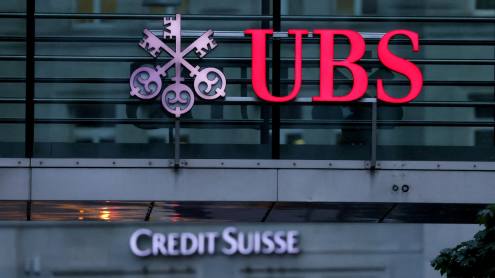Existing exchanges would suffer particularly from the implementation of the Markets in Financial Instruments Directive (MiFID), say 46% of respondents in the latest MiFID survey by SunGard/ Trade Tech which includes over 330 financial institutions across more than 12 countries.
The survey, which notes that 80% of respondents feel that their firm is on track with their MiFID preparations, adds that 57.8% of firms believe that MiFID is just about compliance while 43.5% believe they can gain competitive advantage from the new EU directive.
In other results, opinions remain mixed about whether MiFID is a good thing for the EU: 33.3% are unsure while an increasing number (31%) think that it will not help the economy. Also nearly half feel that the support they are getting from national regulators is either bad or very bad.
On costs, 49% have budgeted less than €1m to accommodate the process changes related to MiFID, while 52.5% expect the cost of becoming a systematic internaliser (SI) to be €1m-€5m. But 65% of respondents’ organisations have no MiFID budgeting plan.
On execution, more than 80% will be able to provide client classification information to traders by the November 2007 deadline, while 13% do not expect to be ready.
Creditsights:Goodwill hunting in european financials
The switch to International Financial Reporting Standards (IFRS) accounting in Europe in 2005 has removed the need for acquirers to amortise goodwill on a regular basis and has encouraged more M&A deals at high multiples, especially in European emerging markets, according to a report by independent analyst CreditSights.
In accounting, goodwill is that part of the market value of a business not directly attributable to its tangible assets and liabilities, such as its brand.
Whereas amortisation schedules under the old generally accepted accounting (GAAP) rules in most countries varied anywhere between five and 15 years, under the new IFRS rules, goodwill on acquisitions no longer has to be amortised.
CreditSights’ John Raymond believes the removal of the amortisation requirement has actively encouraged management teams to undertake more acquisitions, and at higher multiples, than they would have contemplated under the old accounting rules.
Under IFRS, goodwill is subject to an annual impairment test rather than being amortised, which reduced pre-tax profits. Assuming that management is largely incentivised by share price performance over a medium term of five years, there is a big benefit for management in the new rules.






